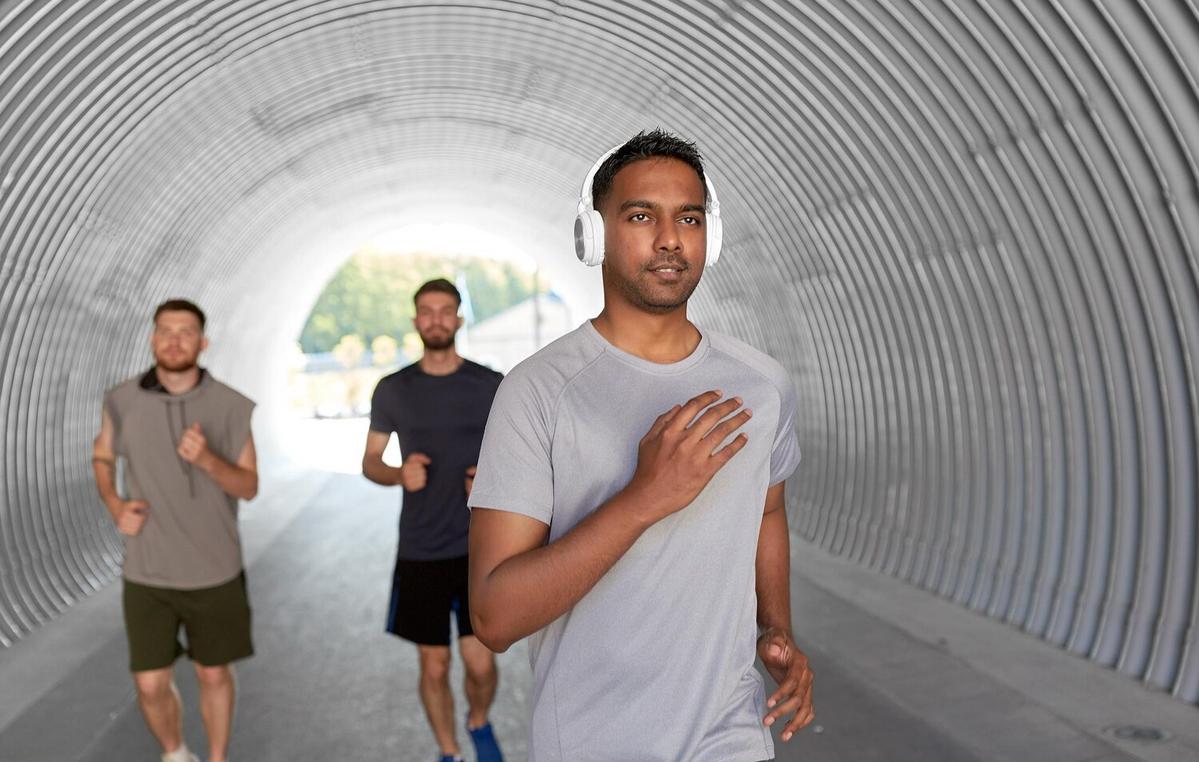
Exploring the Connection Between Physical Activity and Sleep Quality
Exploring how physical activity influences our sleep quality unveils a fascinating intersection between two crucial aspects of our well-being. While many of us recognize the separate importance of exercise and rest, understanding how they interconnect can unlock new pathways to enhance both mental and physical health.
Physical activity and sleep quality share a symbiotic relationship that impacts overall health. Engaging in regular exercise can lead to deeper, more restful sleep, while adequate sleep supports physical performance and recovery. Let’s delve into this connection further.
The Science Behind Physical Activity and Sleep
Exercise has been shown to improve sleep quality through several mechanisms. According to research from the Sleep Foundation, moderate aerobic exercise increases the amount of slow-wave sleep, which is the deep, restorative phase of sleep. This is crucial for memory consolidation and cellular repair.
Expert Insights
Dr. Matthew Walker, a professor of neuroscience and psychology, suggests that physical activity can help regulate circadian rhythms, our body’s internal clock. This regulation is particularly beneficial for those suffering from insomnia or other sleep disorders.
Statistics Highlighting the Connection
Research indicates that individuals who engage in at least 150 minutes of moderate to vigorous physical activity per week report a 65% improvement in sleep quality. This finding underscores the importance of incorporating regular exercise into daily routines.
Real-Life Examples
Consider the story of Skyler, a software engineer who struggled with sleep disturbances due to his sedentary lifestyle. By integrating a daily 30-minute walk, Skyler noticed significant improvements in his sleep patterns, feeling more refreshed and alert during the day.
Actionable Tips for Better Sleep
- Engage in regular physical activity, aiming for at least 30 minutes most days of the week.
- Avoid vigorous exercise close to bedtime as it may interfere with sleep.
- Create a consistent sleep schedule, going to bed and waking up at the same time daily.
- Consider relaxation exercises, such as yoga or stretching, to unwind before sleep.
Comparison Table: Exercise Types and Their Impact on Sleep
| Exercise Type | Impact on Sleep |
|---|---|
| Aerobic | Improves sleep quality and duration |
| Strength Training | Enhances deep sleep |
| Yoga | Reduces stress and promotes relaxation |
| Running | Boosts mood and sleep onset |
| Swimming | Increases overall sleep time |
| Cycling | Improves sleep efficiency |
| Walking | Promotes better sleep patterns |
| Pilates | Enhances relaxation and sleep quality |
Frequently Asked Questions
Does exercising before bed affect sleep?
Exercising too close to bedtime may energize you, making it harder to fall asleep. It’s best to finish workouts at least a few hours before sleeping.
How much exercise is needed to improve sleep?
Aiming for 150 minutes of moderate exercise each week can significantly enhance sleep quality.
Can exercise help with insomnia?
Yes, regular physical activity can help regulate sleep patterns and is often recommended as part of a treatment plan for insomnia.
Conclusion
In conclusion, the connection between physical activity and sleep quality is evident and profound. By prioritizing regular exercise, you can enhance your sleep, leading to improved mental and physical health. Start small, stay consistent, and enjoy the benefits of a well-rested life.


